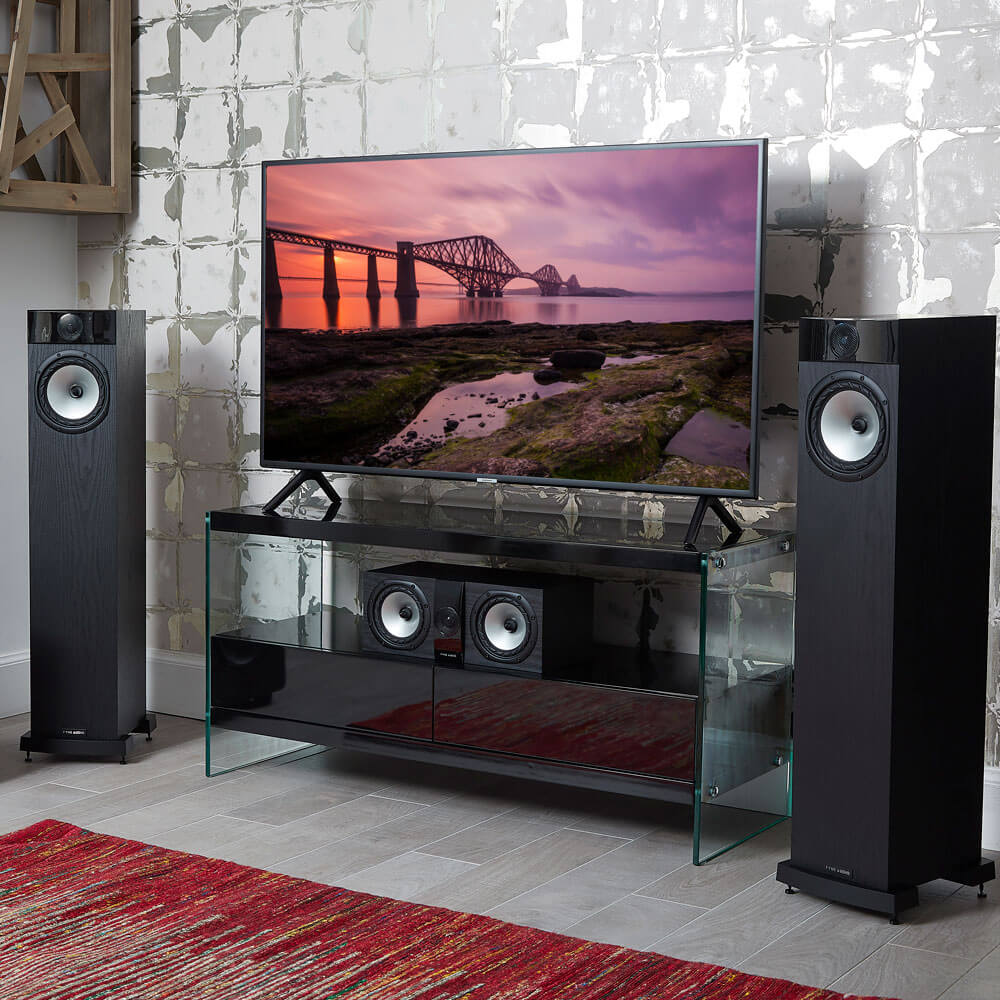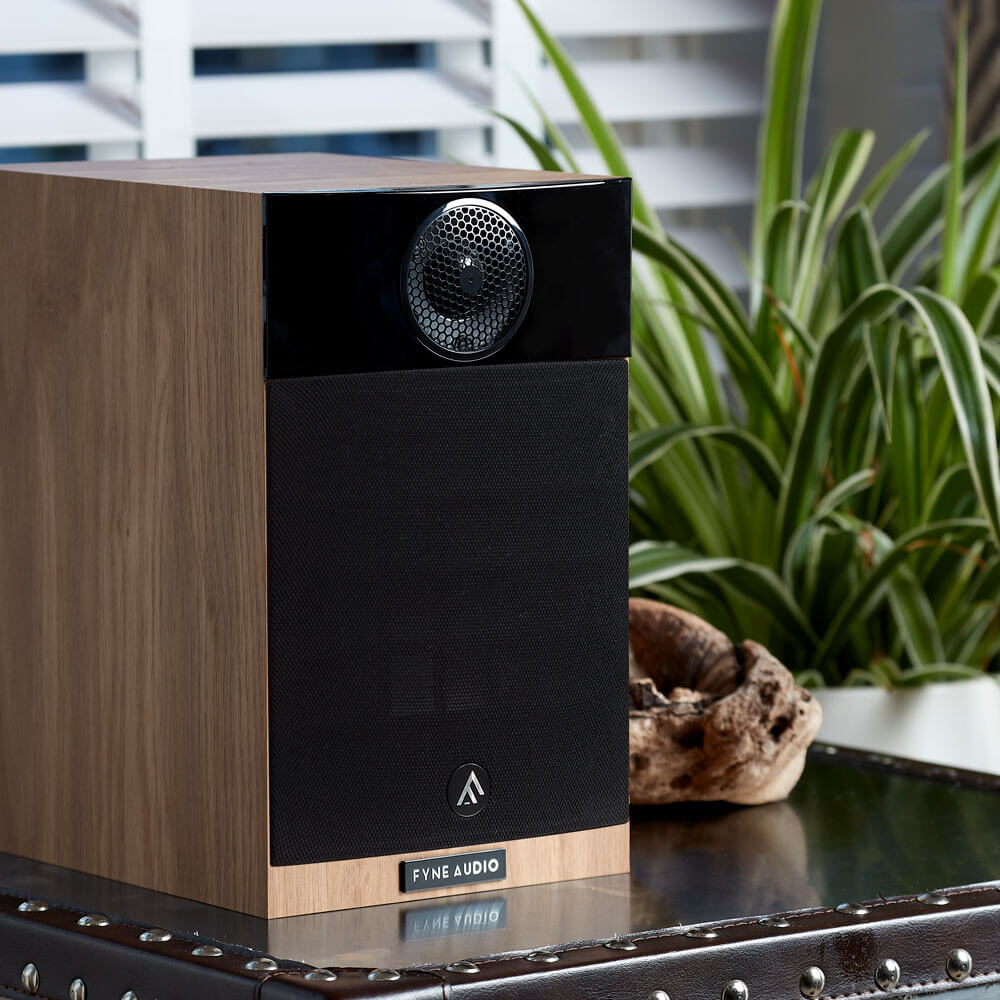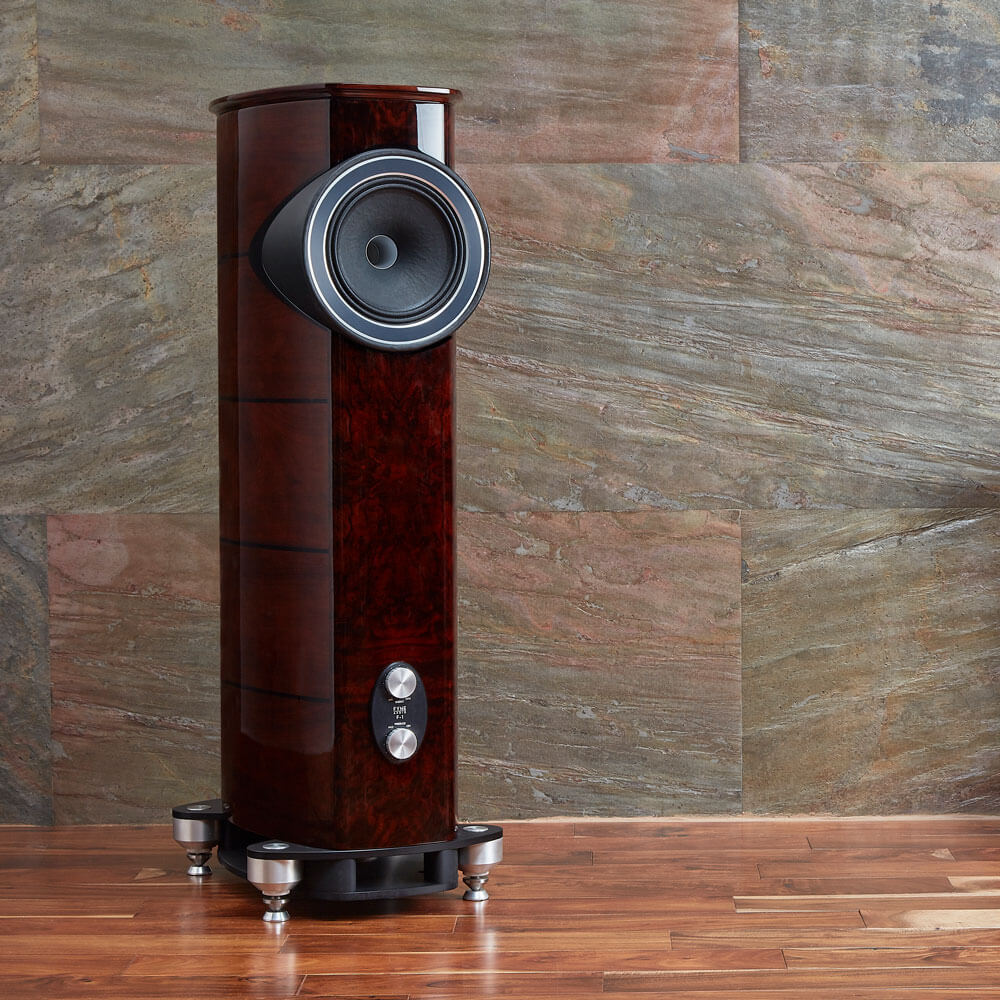Your Cart is Empty
Menu
-
- Brands
- Turntables
- Speakers
- Amplifiers
- Cables
- Source Components
- Home Cinema
- Accessories
- Clearance
- Gift Card
- DEMONSTRATOR SALE
-
- Home
- Contact Us
- Customer Reviews
- Blog
- Store Locator
- Demonstrator Sale 20-50% OFF
- 0800 438 443
- Login

Home Cinema
Speaking of Speakers… How to choose a loudspeaker
August 28, 2021 3 min read

Few things seem to be as complex and difficult as buying loudspeakers. Why should it be so? You have a read of the internet, look at some pricing, try to get comfortable around which brands have a clue and which may or may not, then see if your nearest and dearest thinks they'll suit them too… Does it match our style? What's ohms? What's wattage even mean? It can get real confusing, real fast, and there's so much advice out there on what makes a speaker 'good' or 'bad' (most of it well-meaning, I'm sure) that you could be forgiven for dropping the whole thing as a bad idea and just buy a cheap speaker and be done with the whole mess.
What you really wanted was some way to make a better buying decision, because we all know the limits of our knowledge don't stretch very far, but we also know what we do and don't like. So how to marry up the two?
Here are some pointers that you should absolutely factor in when buying a speaker:
- Speakers cannot reproduce what they've not been given. Your source and amplifier tell the speaker how to perform, not the other way around. Speakers that match the performance of your source and amplifier always do a better job of playing music than speakers whose performance window is so vast they actually end up too good for your electronics. It's the same as trying to put Porsche GT3 wheels and tires on a Nissan March expecting to get a huge leap in performance. You'll just end up wasting your money.
- It's OK to buy a set of speakers you like the look of. Whilst speakers aren't exactly furniture, there's nothing wrong with balancing sound quality AND good looks. Beauty is in the eye of the beholder of course, but if you like the look of the speaker, chances are you'll have a positive musical experience with them too. Of course, for some, sound is the only consideration and that's fine too. Just don't feel guilty if you buy a speaker with a combination of visual appeal AND great sound.
- Speakers cannot tell what they're playing. There are a great many opinions like 'this is a rock speaker' or a 'classical speaker'. That's an opinion and opinions are fine but how does the speaker objectively know? It doesn't. Our speaker brands are extremely well-engineered, and it would be difficult to find a speaker today that does a 'bad job' of playing any genre of music.
- Don't assume smaller speakers aren't as good as their bigger siblings. The days when small speakers had 'no bass' are long gone. New materials and vastly improved designs mean the sound from bookshelf speakers is often quite astounding. Floorstanding speakers have their own merits of course - there's nothing quite like moving a lot of air - but if you're thinking a smaller speaker might work better when all things are considered, you don't have to miss out on great sound.
- There are many ways to design a speaker. Some companies use metal tweeters, some silk. Some use flax bass drivers, some use paper, others use polymers. Some cars have 4 cylinders, some have 8. They all work. Use your ears and find a sound you like. A proper demo is the best tool for helping to decide what you prefer.
- Get a speaker that plays within the limits of your room. Buying the biggest speaker isn't often the best idea, as they can soon play AT you not TO you. There's a very complex acoustic relationship between the speaker and the room, and there's a lot of advice out there on how to 'treat' your room for all its supposed flaws - often meaning you have to shell out thousands more in acoustic panels. Often however, the speaker has been chosen simply because it was big and expensive. Speakers can 'beat up' the room. You can have too much of a good thing - a bit like taking a dragster to do the shopping. Consider the speaker/room connection when buying. Often the smaller speaker from the next class up will give you a better experience.
It's not a science experiment. Music is an art, and we are (apparently) trying to enjoy that art. It connects with our emotions, and our feelings. Measurements and tests might satisfy a certain thirst for knowledge, but humans are not 'hearing machines'. Rest assured there's a great deal of science and engineering used in the design of even our most modestly-priced speakers - such as the Fyne Audio F300, the Rega Kyte or Totem’s KIN Mini - but in the end the idea is to listen to MUSIC. Not the hi-fi.


